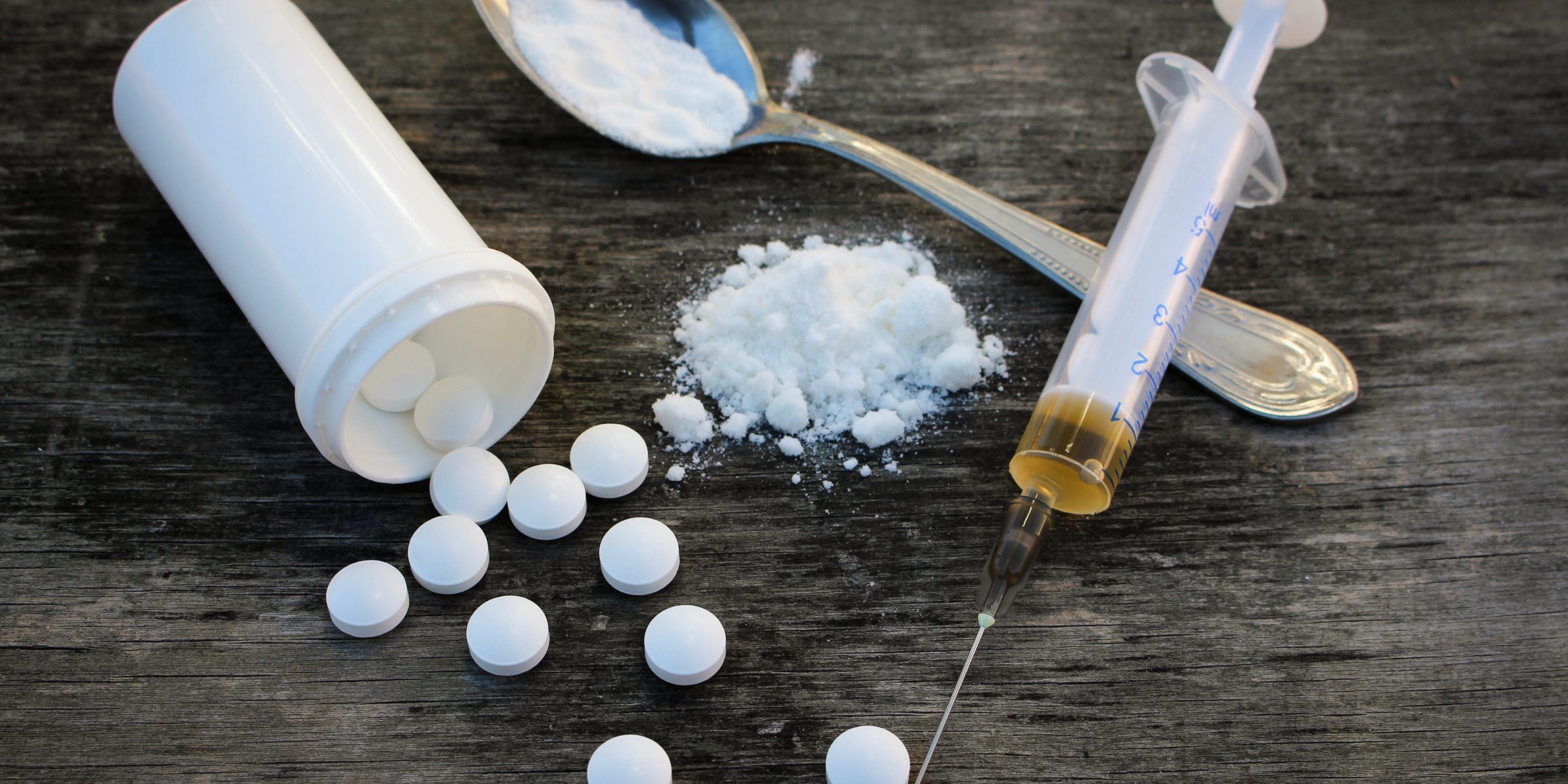Ketamine

Ketamine is a synthetic anesthetic commonly used in veterinary practices. As a dissociative hallucinogenic tranquilizer, ketamine causes people to feel a total body euphoria and relaxation that lasts for about an hour. Other names for ketamine include K, Special K, Vitamin K, cat valium, or Kit Kat. Ketamine can come in powder, liquid, or pill form, and users either snort, inject, or swallow it. Because the drug has some therapeutic value, it’s classed as a schedule III drug, on the same tier as anabolic steroids and codeine. Schedule III drugs are highly likely to cause psychological dependence. If anyone is struggling with ketamine addiction, they should get help from an addiction recovery facility now.
In the short term, ketamine affects learning, memory, and attention. The hallucinogenic drug causes dreamlike, delirious, or dissociative states, with some users reporting sensations of floating or being separated from their bodies. The tranquilizing effects cause amnesia, sedation, and confusion, and even problems talking or moving. Blood pressure rises and breath slows, even to the point of death, and unconsciousness can occur.
If someone takes too much ketamine, they’re in danger of reaching the k-hole, an experience likened to a bad LSD trip. In the k-hole, a person can have what feels like a near-death experience. They’re detached from reality, and feel totally numb and blissful. However, in this extreme state, people can become seriously injured through accidents, and may even become incapable of moving. Stories abound of people falling into a k-hole only to wake with burns, bruises, and other injuries. Fortunately, help is available from addiction treatment centers.
Physically, long-term ketamine use can cause kidney issues, stomach problems and pain, and ulcers in the bladder. In the brain, ketamine can cause poor memory, amnesia, cognitive issues, depression, and agitation. Some people also suffer from flashbacks. Those who inject ketamine are in danger of contracting hepatitis C, HIV and other bloodborne diseases due to shared needles. Drug rehab facilities help rehabilitate people to end their addiction and restore their bodies to pre-addiction levels.
In its liquid form, ketamine is odorless, colorless, and tasteless. Because ketamine is a tranquilizer and causes amnesia, it can be used as a date rape drug to incapacitate victims. Ketamine is often used in the club scene, where it’s mixed with other substances. The white powder can be combined with other powdered drugs, such as MDMA, or smoked with tobacco and marijuana. Because ketamine is a depressant, mixing it with other depressant substances like alcohol is dangerous, leading to complications such as respiratory failure and overdose. Death from ketamine overdose is usually due to breathing complications; oftentimes, the drug depresses the respiratory system to the point that a user stops breathing.
If you or a loved one is addicted to drugs or alcohol, please email or call our compassionate representatives from Right Path Drug Rehab to learn about our luxury drug rehab program, where clients recover in utmost privacy and comfort. Our clients participate in individual and group counseling sessions, dig to the root of their addiction, and emerge with a supportive sober network of peers and mentors. Please contact us today to break the cycle of addiction.
 Pathways Drug Rehabilitation Luxury Addiction Treatment & Detox Center
Pathways Drug Rehabilitation Luxury Addiction Treatment & Detox Center

